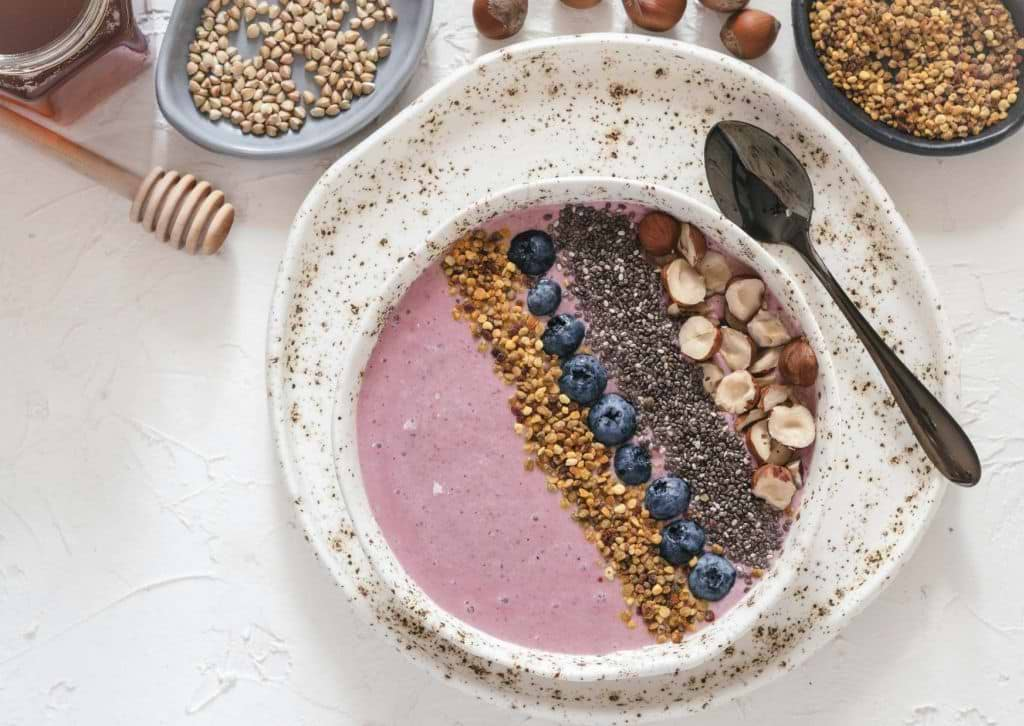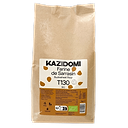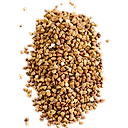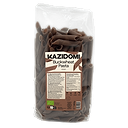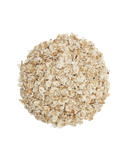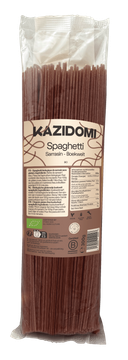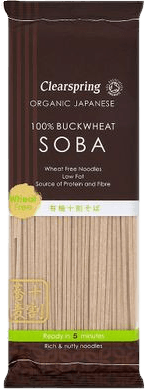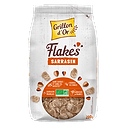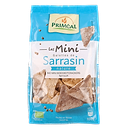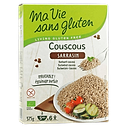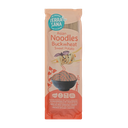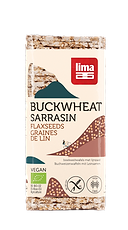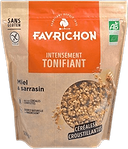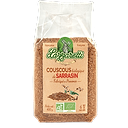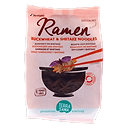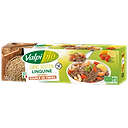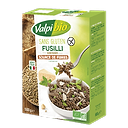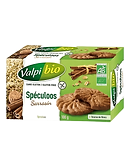The buckwheat, also known as black wheat, is an increasingly popular food, especially for people looking to avoid gluten in their diet. Although it carries the name “wheat,” buckwheat is actually not a cereal but a plant from the Polygonaceae family, which distinguishes it from traditional cereals like wheat, oats, or rye. This article explores the origins of buckwheat, its nutritional benefits, and its advantages as a gluten-free alternative.
Origins and History of Buckwheat
Buckwheat is mainly cultivated in Asia but is also widely used in Europe, notably in regions such as Brittany, where it is the main ingredient of the famous buckwheat pancakes. Although grown for centuries, it was in the 20th century that buckwheat gained popularity, especially due to the rise of gluten intolerance and gluten-free diets. Thanks to its nutritional properties, buckwheat was quickly adopted as a healthy alternative rich in plant proteins.
While its consumption remains marginal in some regions, it is beginning to gain traction in gluten-free diets, particularly for those seeking an alternative to traditional cereals while enjoying a nourishing and versatile food.
A Gluten-Free Alternative Beneficial to Health
Buckwheat: Naturally Gluten-Free
The main advantage of buckwheat is that it is completely gluten-free, making it an excellent alternative for people suffering from celiac disease or gluten sensitivity. Unlike wheat, rye, or barley, buckwheat does not contain gliadin, a protein responsible for adverse reactions in gluten-sensitive individuals. Therefore, it can be safely consumed by those who must avoid this protein.
Buckwheat also offers an excellent alternative within a balanced diet, as it can be used in various ways: whole grains, flour, or in pasta recipes. Thanks to its texture and unique flavor, it adapts to many culinary preparations and easily replaces gluten-containing cereals.
An Exceptional Nutritional Profile
Buckwheat is not only a gluten-free alternative but also an outstanding source of nutrients. Rich in plant proteins, it contains all essential amino acids, making it a complete protein—a major asset for vegetarians and vegans. But that’s not all. Here are some of its nutritional benefits:
- Buckwheat is an excellent source of fiber, which aids digestion and regulates intestinal transit.
- It is rich in flavonoids such as quercetin, which have anti-inflammatory and antioxidant properties, thus helping protect cells.
- Thanks to its magnesium, potassium, and fiber content, buckwheat helps maintain healthy blood pressure and promotes cardiovascular health.
- With a relatively moderate calorie content, buckwheat is a healthy alternative for those seeking to maintain a stable weight.
Moreover, buckwheat is also an excellent source of manganese, copper, zinc, and B vitamins, which are essential for energy production and cellular metabolism.
A Low Glycemic Index to Regulate Blood Sugar
Another considerable advantage of buckwheat is its relatively low glycemic index, meaning it is absorbed slowly by the body. This helps maintain stable blood sugar levels and limits sugar spikes. It is therefore particularly recommended for people monitoring their blood sugar, especially diabetics.
Buckwheat and Weight Loss
Thanks to its richness in fiber and protein, buckwheat is also an excellent ally for those looking to lose weight in a healthy way. The fibers promote a longer feeling of fullness, which helps reduce appetite and control food intake.
How to Cook Buckwheat?
Buckwheat is an extremely versatile ingredient, easy to incorporate into various dishes. Here are some ideas for including it in your daily diet:
- Buckwheat pancakes: very popular in Brittany, these savory pancakes are a great way to enjoy the benefits of buckwheat. You can fill them with vegetables, eggs, or even animal proteins for a complete meal.
- Buckwheat porridge: for a nutritious breakfast, cook buckwheat flakes (similar to oatmeal flakes) in water or plant-based milk, then add fresh fruit, nuts, and seeds for a healthy and energizing meal.
- Whole buckwheat grains: you can cook buckwheat grains like rice and add them to salads, soups, or stews.
- Buckwheat flour: used to prepare pancakes, crepes, gluten-free pasta, or breads, buckwheat flour is a popular alternative to wheat flour in gluten-free diets.
Feel free to check out our recipe section for inspiration.
Conclusion: A Superfood for a Gluten-Free Diet
Buckwheat is an exceptional gluten-free alternative, not only for those who must avoid gluten but also for anyone looking to diversify their diet with nutrient-rich foods. Its richness in fiber, plant protein, and antioxidants makes it a wise choice for a healthy and balanced diet. Whether to replace wheat in your recipes or to benefit from its nutritional virtues, buckwheat is an essential ally.
FAQ: Buckwheat, a Gluten-Free Alternative
-
Is buckwheat really gluten-free? Yes, buckwheat is naturally gluten-free, making it suitable for people with celiac disease or gluten sensitivity.
-
Can buckwheat replace wheat in recipes? Yes, buckwheat is an excellent substitute for wheat in many recipes, including pancakes, crepes, and even gluten-free bread.
-
Is buckwheat good for digestion? Yes, thanks to its high fiber content, buckwheat helps maintain good digestive health and regulate intestinal transit.
-
Can buckwheat flour be used to make pasta? Yes, buckwheat flour can be used to prepare gluten-free pasta. It provides a unique texture and delicate flavor.
-
Does buckwheat help control blood sugar? Yes, due to its low glycemic index, buckwheat helps maintain stable blood sugar levels and is especially recommended for diabetics.
-
Is buckwheat rich in protein? Yes, buckwheat is a source of complete plant protein, making it ideal for vegetarian and vegan diets.
-
Can whole buckwheat grains be cooked? Yes, whole buckwheat grains can be cooked like rice and used in salads, soups, and hot dishes.
-
Is buckwheat a good choice for weight loss? Yes, buckwheat is low in calories and high in fiber, promoting satiety and helping control appetite.
-
Does buckwheat have antioxidant properties? Yes, buckwheat is rich in flavonoids such as quercetin, which are powerful antioxidants that protect cells.
-
Is buckwheat easy to digest? Yes, buckwheat is generally well tolerated and easy to digest, making it an excellent choice for people with sensitive digestive systems.

